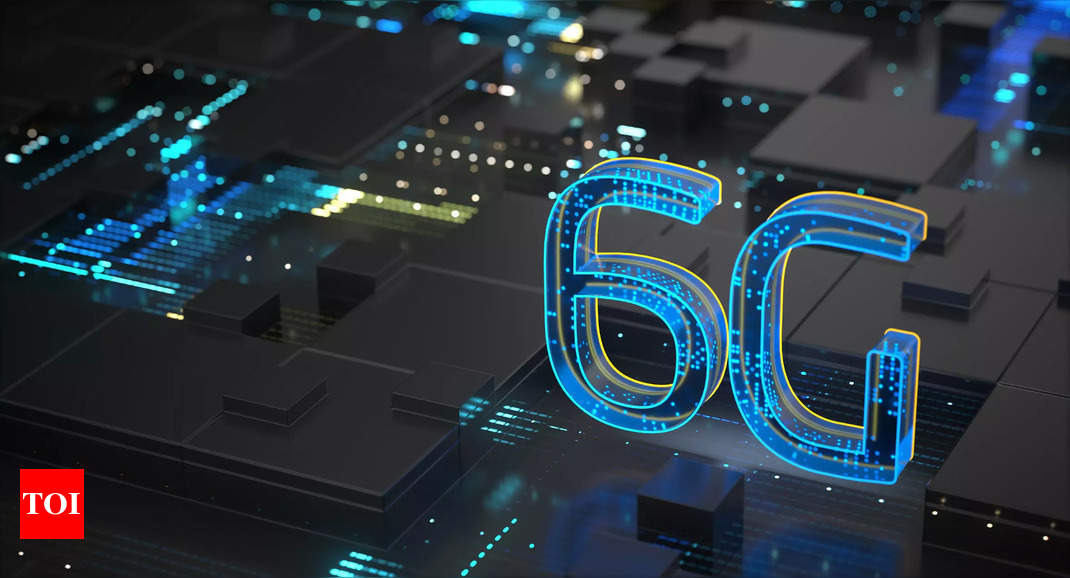AI and Compute Research play a crucial role in Ericsson’s 6G networks, where dynamic compute offload management at the edge is pivotal, driven primarily by AI policies. IIT Kharagpur sees this collaboration as an opportunity to advance fundamental and applied research in the Radio domain, aligning with the themes of Ericsson’s research.
Virendra Kumar Tewari, Director of IIT Kharagpur, emphasises the collaboration’s role in contributing to Digital India and positioning the country as a technological innovation hub. In the 6G era, the institute aims to contribute to various areas, including Radio Access Technology, Core Network, RF & Device Technologies, VLSI Design, Neuromorphic Signal Processing, and more.
Dr. Magnus Frodigh, Head of Ericsson Research, highlights the significance of the collaboration, strengthening R&D commitments in India, specifically in Radio, Compute, and AI research. The partnership aims at both fundamental and translational research for Future Network Platforms, with a vision for 6G that integrates physical and digital worlds.
Nitin Bansal, Managing Director of Ericsson India, underscores Ericsson’s position to lead 6G innovation, making significant R&D investments aligned with the commitment to India. The collaboration includes initiatives focusing on resource optimization at the edge and RL-based Beamforming for JCAS (Joint Communication and Sensing).
The symposium featured speakers and panellists from GSSST and Ericsson Research, discussing the transformative potential of this collaborative research partnership. The emphasis lies on pushing the boundaries of technological innovation, blending physical and digital realms, and improving the quality of life through widespread sensor-based communications in the 6G era.




![[CITYPNG.COM]White Google Play PlayStore Logo – 1500×1500](https://startupnews.fyi/wp-content/uploads/2025/08/CITYPNG.COMWhite-Google-Play-PlayStore-Logo-1500x1500-1-630x630.png)